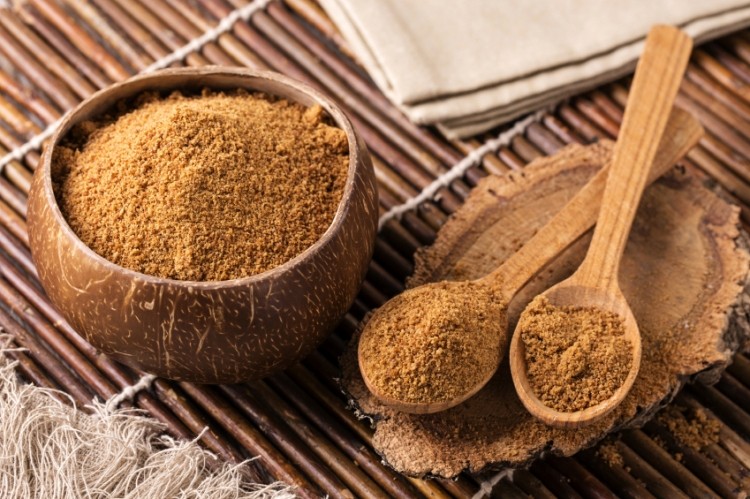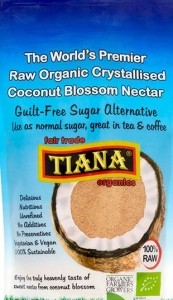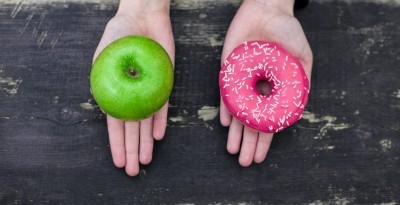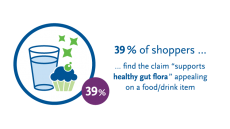ASA ruling
Far from shy: Shouts about coconut sugar fall foul of advert regulators

The UK's Advertising Standards Authority (ASA) ruled that the claims on the company's website, “did not reflect the wording of a permitted nutrition claim and [… Tiana] had not demonstrated that the product met the conditions of use to allow it to carry such a claim”.
Under EU law, references to the general benefits of a product for overall good health or health-related wellbeing can only be made if they are accompanied by a relevant specific authorised health claim.
As such, ASA informed Tiana that its ad must not appear again in its current form. This includes the amended version – still on the site currently – which states that the company’s Crystallised Coconut Blossom Nectar product is a “guilt free alternative sugar”.
UK-based Tiana argued that the advert should have used the phrase 'alternative' rather than 'substitute', and was amended to reflect as much when the ASA first contacted the company following a complaint from a member of the public.
Tiana said this was enough to make it clear the product is a sugar, with “guilt free” referring to the product’s low glycaemic index (GI) of 35. This meant the product did not relatively increase glucose content in the blood, when compared to the GI of white sugar (100), it said in evidence submitted to the ASA.
“They [Tiana] said they did not intend to make health claims for the product, but the ad stated only that it was a sugar alternative without mentioning what the product could do for health or how it would affect blood glucose,” the ASA noted. “They referred to a health claim for fructose that was authorised on the EU Register.”
Under EU Regulations, which are reflected in the UK’s CAP Code, only claims appearing on the list of authorised health claims (the EU Register) can be made in ads promoting foods, unless a national derogation exists. Marketers must also ensure they meet the conditions of use associated with the claims in question.
However, the authorised claim Tiana referred to – “consumption of foods containing fructose leads to a lower blood glucose rise compared to foods containing sucrose or glucose” – was not included in the advert.
GI no
In its ruling, the ASA explained: “We also understood there were no authorised health claims in relation to GI, and therefore that health claims related to GI could not be made in advertising. We were concerned that the claim could be interpreted as a general health claim, but was not accompanied by a relevant specific authorised health claim, which in this case would also need to have been authorised with a comparative element.”
It also considered the claim in the advert could be understood to be a nutrition claim – for example that the product had “reduced sugars” when compared to sugar itself, or that because it was a “guilt free sugar substitute” it was “sugar-free”.
ASA noted that Tiana Fair Trade Organics had amended the claim to state “guilt free alternative sugar”, but considered that was likely to be interpreted by consumers in similar ways.
“For the reasons given, we concluded that the ad breached the Code. We also told them to make nutrition claims only if they were permitted under the Regulation and to ensure they were in a position to demonstrate that products met the conditions of use for any health or nutrition claim they made.”
Coconut sugar has been rising in popularity because consumers see them as a healthier alternative to sugar. Yet some nutritionists remain sceptical of the claims. This is the first ASA ruling against an ad for coconut sugar.
Tiana was approached but did not respond to emails or calls.


























